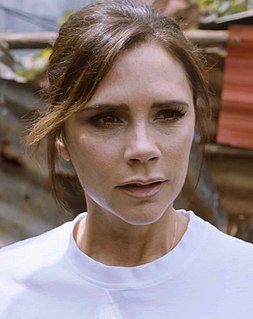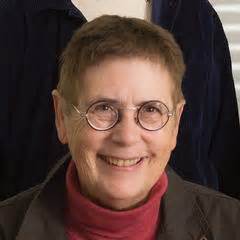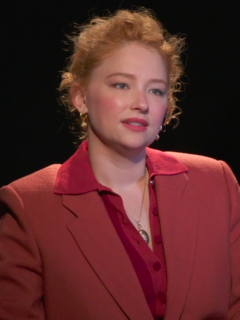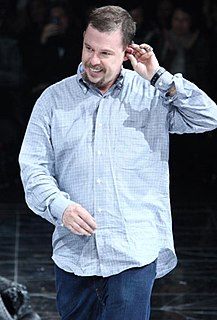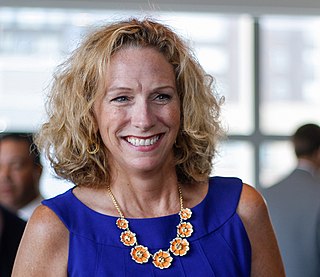A Quote by Mildred Dresselhaus
It's hard for people who come from traditional homes to take women seriously. I do it myself. We're just not used to seeing women professionals. Women have to go out of their way to prove themselves.
Related Quotes
There's more empathetic representations than we're used to seeing. I honestly feel like in the early days of Hollywood, women did have those. Women had very traditional roles in society of wife and mother, but when they went to the movies, they got to see women be, like, really cool, amazing characters and femme fatales and all of this. And then there was just this systemic reaction where it was all about, "How do we make money?" And everybody wants to sell things to boys. And then women's entertainment became devalued in a way that I think is disrespectful and hurtful.
Marjan. I have told him tales of good women and bad women, strong women and weak women, shy women and bold women, clever women and stupid women, honest women and women who betray. I'm hoping that, by living inside their skins while he hears their stories, he'll understand over time that women are not all this way or that way. I'm hoping he'll look at women as he does at men-that you must judge each of us on her own merits, and not condemn us or exalt us only because we belong to a particular sex.
I wish you would stop and seriously consider, as a broad and long-term feminist political strategy, the conversion of women to a woman-identified and woman-directed sexuality and eroticism, as a way of breaking the grip of men on women's minds and women's bodies, of removing women from the chronic attachment to the primary situations of sexual and physical violence that is rained upon women by men, and as a way of promoting women's firm and reliable bonding against oppression. . . .
I am constantly trying to reflect the way women are treated. It's hard to interpret that in clothes or in a show but there's always an underlying, sinister side to women's sexuality in my work because of the way I have seen women treated in my life. Where I come from, a woman met a man, had babies, moved to Dagenham, two up two down, made the dinner, went to bed. That was my image of women and I didn't want that. I wanted to get that out of my head.
For years, more women were steered toward the studio or toward being a reporter. If that's what you want to do and that's what you love - by all means, go do it. That's OK to be ambitious and do things that are out of the norm if that's the route you want to take. We're already seeing women breaking down those barriers in what was once male-dominated. There are opportunities for women to fill those roles.


